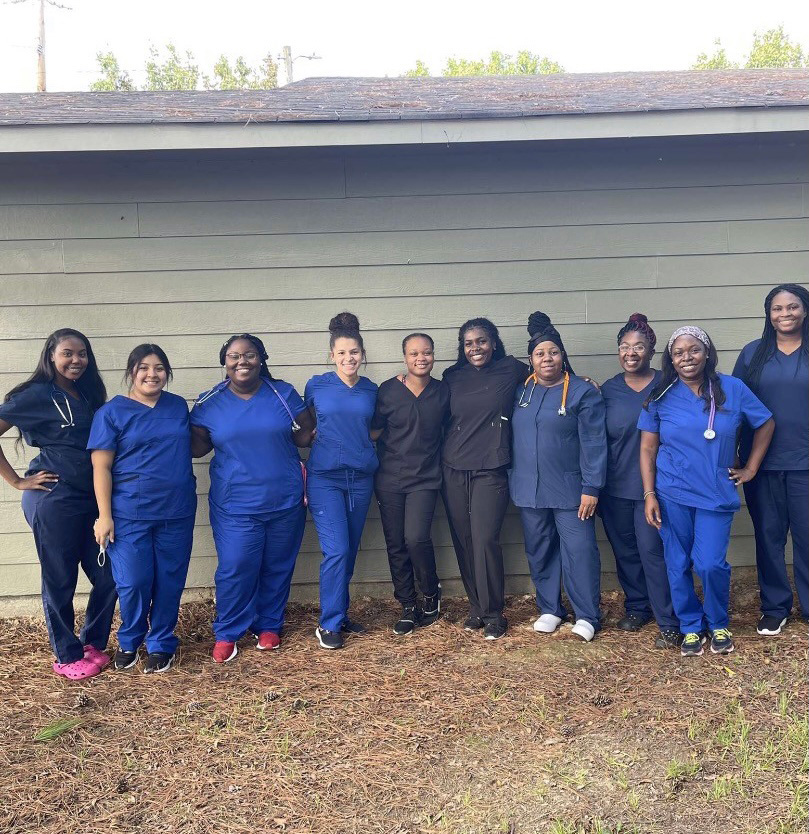Clinical Medical Assistance
Clinical medical assisting is a great choice for medical assistants who love the hands-on patient care. Clinical medical assistants do less paperwork and computer tasks, and spend more time in direct contact with the patient.
Role of a CMA
Clinical medical assistants are professionals who mainly focus on performing clinical tasks rather than administrative tasks. Some medical assistants mostly handle administrative tasks, such as answering phone calls and filling out health insurance forms. Clinical medical assistants might perform some administrative duties and tasks, but they can spend quite a bit of their time carrying out clinical tasks. This type of medical assisting career might be a good fit if you prefer handling tasks that directly involve patient care rather than performing office or administrative duties.
Field of Responsibility
The exact duties and responsibilities clinical medical assistants have can depend on state laws and regulations. In general, clinical medical assistants
- Sterilize medical instruments and equipment,
- Change dressings or remove sutures,
- Take blood pressure and other vital signs,
- Note patients’ medical histories, and assist doctors with exams.
- They might also update medical records, prepare blood samples for testing, and give medications or injections under a doctor’s supervision.

Work Environment
Clinical medical assistants can work in different kinds of medical settings. Medical assistants may work in private, local, or state hospitals; outpatient clinics or doctor’s offices; clinical laboratories; long-term medical care facilities; and group medical practices. According to the Bureau of Labor Statistics (BLS), 57% of medical assistants work in doctors’ offices, roughly 15% work in hospitals, and around 8% work in outpatient care centers.
Career Opportunities
Medical assisting, including clinical medical assisting, is experiencing a high growth rate. According to the BLS, medical assistants have a job growth outlook of 16% through 2031. This is significantly higher than the average job outlook for all occupations in the U.S. As a clinical medical assistant with certification, you have the potential to find a wider range of job opportunities in the coming years.
As a certified clinical medical assistant (CCMA), you might have opportunities to increase your salary, especially as you gain experience. Keep in mind that salaries for CCMAs can vary based on the kind of medical setting you work in and other factors, such as the years of experience you have.
Why SW Medical Academy?
Our program focuses solely on the skills needed as a Clinical Medical Assistance, making it one of the most affordable programs in the area, and is designed to be valuable, accessible, and flexible for all students. With online learning mixed with in-person simulation coursework and rotations, this type of learning environment allows for a better fit with your schedule and aspirations.
Tuition Fee: $1000
Clinical Medical Assistance Programs at SW Medical Academy
Clinical Medical Assisting Program (Online self-Pace, No Live instructor)
Duration: 9-Weeks Program with Clinical
Registration Fee: $200
Time: All clinical times will be 8:30am-4:30pm
Click ENROLL NOW To Get Start Dates
Clinical Medical Assisting Program (Online Nigh class with a live instructor)
Duration: 9-Weeks
Time: Tuesday through Thursday from 6:30pm-10:30pm.
Registration Fee: $200
In Person Clinical will be held on week 9 on a Saturday & Sunday 8:30-4:30pm
Click ENROLL NOW To Get Start Dates
